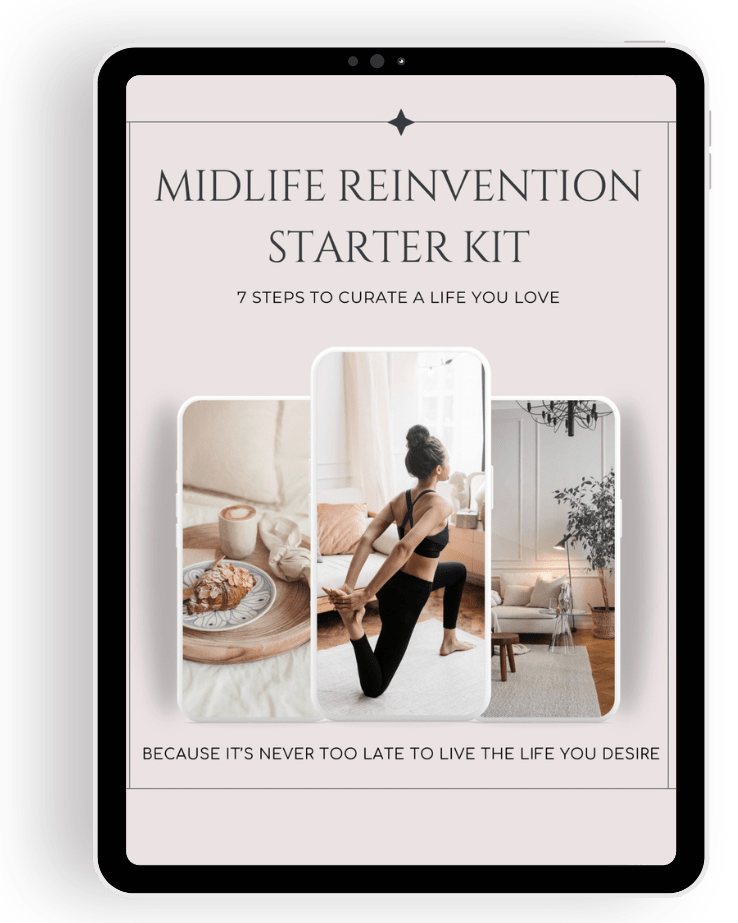By incorporating simple yet effective kitchen hacks into your daily routine, you can profoundly affect your health, laying the foundation for a more nutritious diet and potentially contributing to a longer life. Below I share seven strategies designed to be straightforward and accessible, ensuring that anyone, regardless of their culinary expertise or location, can implement them. By adopting these strategies, you not only streamline your kitchen practices but also take significant steps towards enhancing your overall well-being.

Batch Cooking and Meal Prep
Investing a few hours at the weekend to cook meals for the week is a powerful tool for maintaining a healthy diet. This approach not only saves time and money but also ensures you have control over the ingredients, cooking methods, and portion sizes. By planning ahead, you’re less likely to resort to fast food or processed meals, which are often high in calories, fats, and sugars. Meal prep encourages a balanced diet rich in fruits, vegetables, lean proteins, and whole grains, key components for longevity. Additionally, controlling portion sizes helps prevent overeating, which is crucial for weight management and reducing the risk of obesity-related diseases.

Use Herbs and Spices Instead of Salt
High sodium intake is a known risk factor for hypertension and cardiovascular diseases. By seasoning your dishes with herbs and spices, you not only reduce your salt consumption but also enhance the flavour of your meals without the negative health impacts. Furthermore, many herbs and spices are rich in antioxidants, which play a role in neutralising harmful free radicals in the body. This can help prevent cellular damage, reduce inflammation, and lower the risk of chronic conditions such as heart disease, diabetes, and cancer.

Switch to Whole Grains
Whole grains are a healthier alternative to refined grains because they contain the entire grain kernel, including the bran, germ, and endosperm. This means they provide more fibre, protein, and nutrients like B vitamins, antioxidants, and trace minerals (iron, zinc, copper, and magnesium). A diet high in whole grains has been linked to a lower risk of heart disease, type 2 diabetes, obesity, and certain types of cancer. Fibre from whole grains also helps improve digestive health and keeps you feeling full longer, which can aid in weight management.

Opt for Healthy Cooking Methods
The way you cook your food can significantly affect its nutritional value and your health. Techniques such as steaming, baking, grilling, and stir-frying minimise the loss of vitamins and minerals and reduce the need for added fats. This not only helps maintain a lower calorie intake but also reduces the risk of developing diseases associated with high-fat diets, such as cardiovascular disease and certain cancers. These cooking methods also prevent the formation of harmful compounds that can arise from methods like deep-frying.

Keep Healthy Snacks Visible
Human behaviour is greatly influenced by what we see in our environment. By placing fruits, vegetables, nuts, and whole grains in plain sight, you’re more likely to choose these healthy options over unhealthy snacks. This habit can significantly contribute to your overall nutrient intake, ensuring you get a variety of vitamins, minerals, and other beneficial compounds like fibre and healthy fats. Snacking healthily can also help regulate blood sugar levels and prevent overeating during meals, contributing to better weight management.

Use Smaller Plates
Visual cues can have a profound effect on how much we eat. By simply using smaller plates for your meals, you can trick your brain into feeling satisfied with less food. This psychological trick, known as the Delboeuf illusion, helps with portion control, reducing caloric intake without a feeling of deprivation. Portion control is vital for preventing weight gain and managing weight, which is directly linked to lower risks of heart disease, diabetes, and other health conditions.
Stay Hydrated with Infused Water
Hydration is essential for maintaining optimal body function. Water aids in digestion, absorption of nutrients, and the elimination of waste products. Infusing water with fruits, vegetables, or herbs not only makes it more appealing to drink but also adds a nutritional boost. For instance, lemon water can provide vitamin C, while cucumber water can help with hydration and provide additional vitamins and minerals. Proper hydration supports healthy skin, aids in weight management, and can improve physical performance.


Feel free to sign up to my Friday Morning Love Note HERE! This isn’t just a newsletter - it’s your invitation to pause, reflect, and realign with you. Every week, we’ll journey together to uncover the small, meaningful shifts that will help you design a life that feels uniquely and beautifully yours. Each week, I’ll deliver fresh intentions, uplifting tips, and simple shifts to inspire purposeful, creative living.


 The Midlife Reinvention Starter Kit
The Midlife Reinvention Starter Kit

